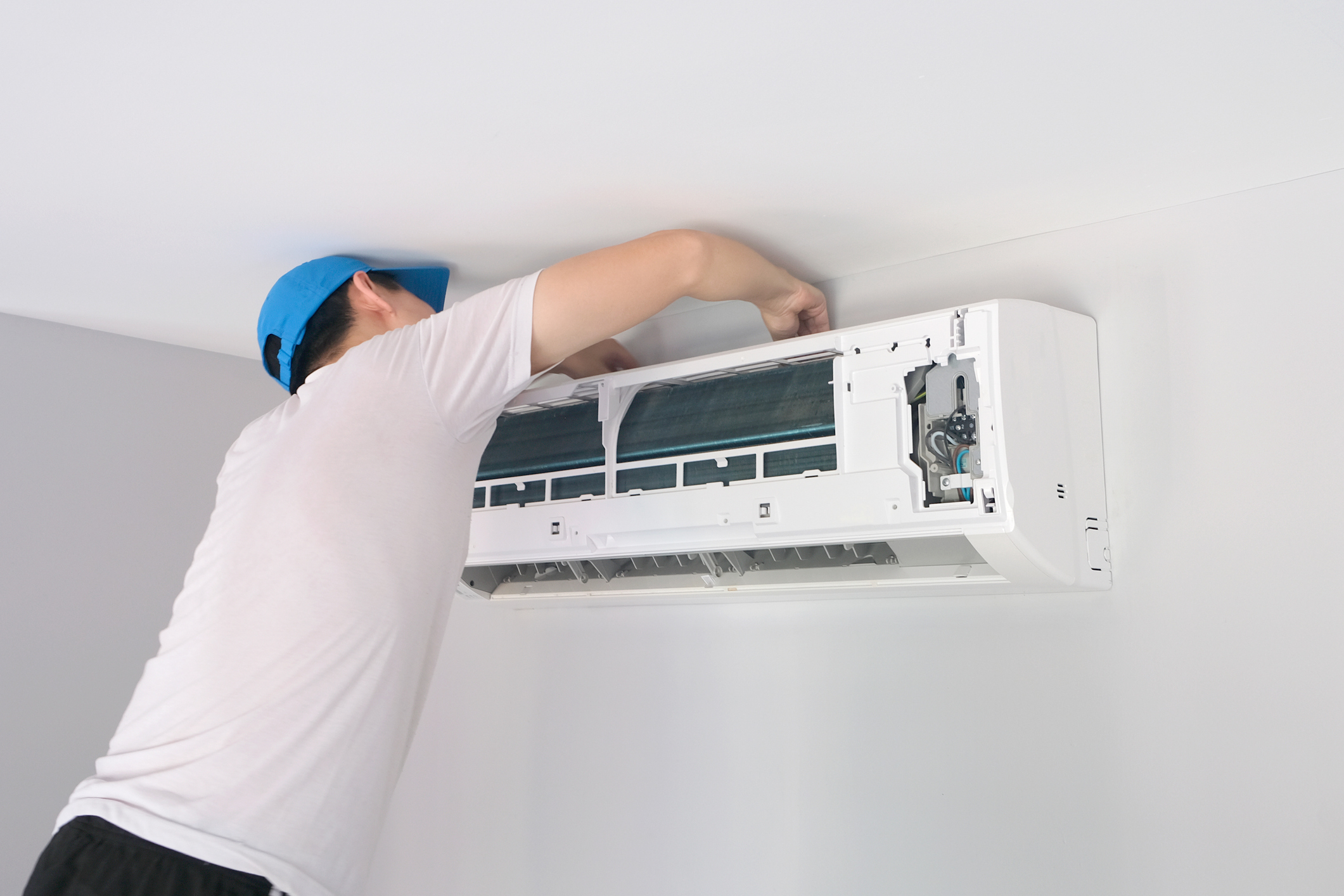In the realm of air conditioning, maintaining optimal humidity levels is as vital as keeping the equipment in top-notch condition. Humidity, the amount of moisture present in the air, plays a pivotal role in the efficiency and performance of your AC system. In this article, we delve into the impact of humidity on your cooling unit and provide essential AC maintenance tips to ensure its smooth operation.
1. The Humidity-AC System Dynamic:
Humidity affects your AC system in various ways. When the air is excessively humid, the system has to work harder to cool the space. High humidity levels make it challenging for the AC to remove moisture from the air, resulting in a less effective cooling process. On the contrary, extremely low humidity can also cause issues, leading to discomfort and potential damage to the equipment.
2. Strain on the System:
High humidity forces the AC system to operate for longer durations, consuming more energy and potentially shortening the lifespan of the unit. This increased workload not only raises your energy bills but also places additional stress on the various components of the system, increasing the likelihood of breakdowns.
3. Reduced Cooling Efficiency:
Excessive humidity compromises the AC’s ability to cool the air efficiently. As the system struggles to remove both heat and moisture, the overall cooling performance declines. This not only results in discomfort but also compromises indoor air quality.
4. Growth of Mold and Mildew:
High humidity is an ideal breeding ground for mildew and mold. When these microorganisms find their way into the AC system, they can not only affect its efficiency but also pose health risks. Regular maintenance is crucial to prevent the growth of these harmful substances.
5. Regular Filter Replacement:
One of the most straightforward yet often overlooked maintenance tasks is the regular replacement of air filters. Clogged or dirty filters hinder airflow, making the system work harder. In humid conditions, this can lead to reduced moisture removal and increased strain on the AC.
6. Routine Inspections:
Schedule regular professional inspections to ensure all components of your AC system are in optimal condition. Technicians can identify potential issues related to humidity, such as clogged drain lines or malfunctioning humidity controls before they escalate.
7. Humidity Control Systems:
Investing in humidity control systems, such as dehumidifiers, can significantly enhance the performance of your AC unit. These systems work alongside your AC to maintain optimal humidity levels, reducing the load on the primary cooling system.
8. Sealing Leaks and Insulating:
Proper insulation and sealing any leaks in your home can help maintain consistent humidity levels. By preventing outdoor air from entering and indoor air from escaping, your AC system won’t have to work as hard to regulate both temperature and humidity.
9. Condensate Drain Maintenance:
The condensate drain is responsible for removing moisture extracted from the air. Over time, it can become clogged with algae or debris, impeding proper drainage. Regularly cleaning and maintaining the condensate drain ensures efficient moisture removal.
As we navigate the complexities of AC maintenance, understanding the intricate relationship between humidity and system performance is paramount. Neglecting humidity levels can lead to increased energy bills, decreased efficiency, and potential health hazards. By incorporating the suggested maintenance tips into your routine, you not only prolong the life of your AC unit but also ensure a consistently comfortable and healthy indoor environment. Remember, a well-maintained AC system is not just about cooling; it’s about creating an atmosphere where efficiency and comfort coexist.
Maximize your cooling unit’s performance through regular AC maintenance! Discover the impact of humidity with our expert guide at Crossway Mechanical. Dial 832-250-6191 for expert tips ensuring your lasting comfort.






